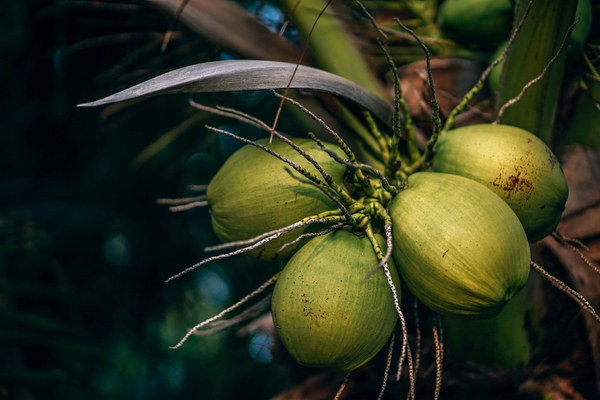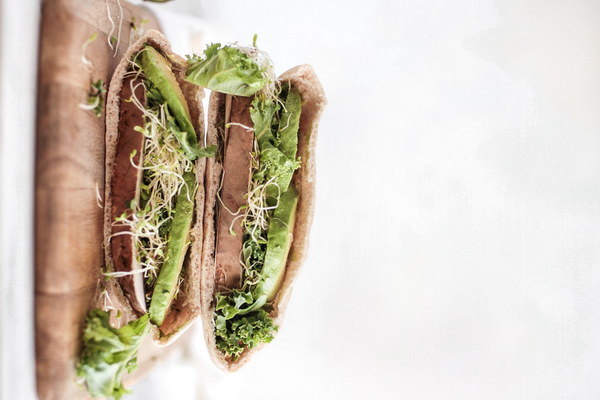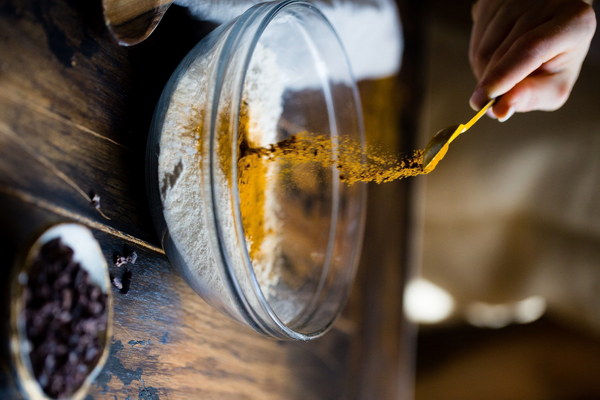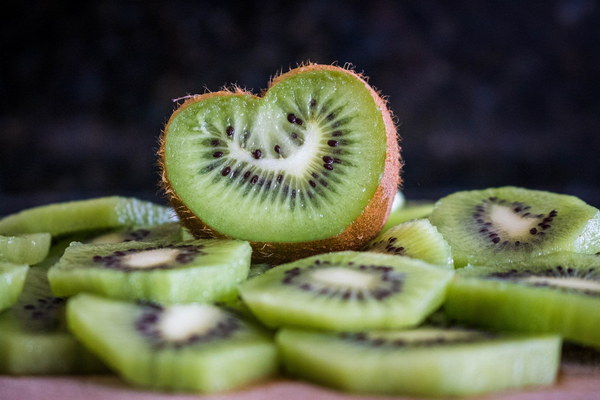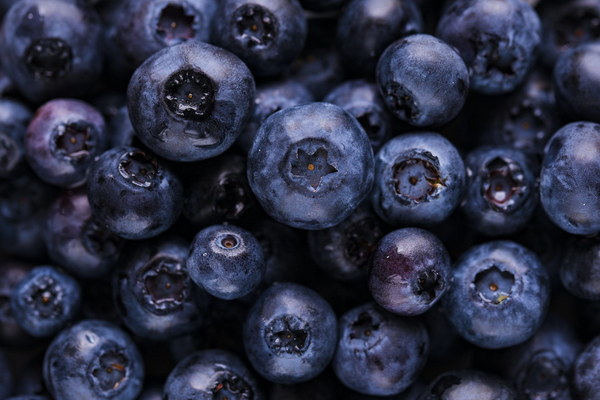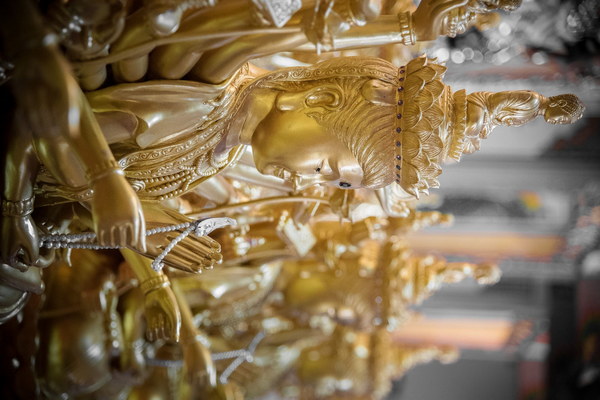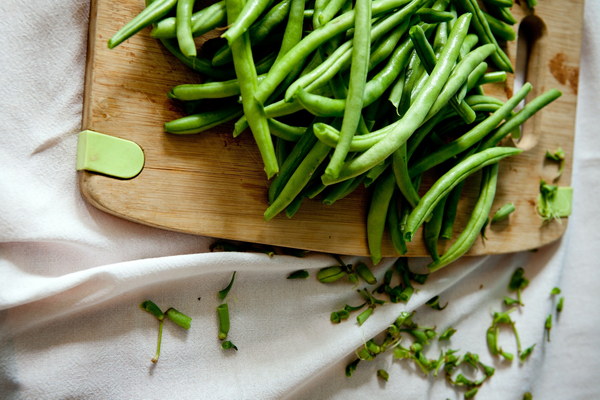Nourishing the Liver and Kidneys A Guide to Strengthening Jing and Enhancing Vitality
In traditional Chinese medicine, the concepts of nourishing the liver and kidneys, and strengthening jing, play a crucial role in maintaining overall health and well-being. Jing, often translated as essence or vital energy, is believed to be the foundational substance that sustains life. Here, we delve into the principles of nourishing the liver and kidneys, and how to strengthen jing for a healthier, more energetic life.
Understanding Jing: The Essence of Vitality
Jing is considered the essence of one's life force, and it is divided into three types: prenatal jing, acquired jing, and original jing. Prenatal jing is inherited from one's parents and is the foundation of one's physical and mental health. Acquired jing is gained through proper diet, exercise, and rest, while original jing is the life force that remains constant throughout one's lifespan.
The Liver and Kidneys: The Yin and Yang of Jing
The liver and kidneys are often seen as the Yin and Yang of Jing in traditional Chinese medicine. The liver is responsible for storing jing and governing emotions, while the kidneys are the root of jing, storing and nourishing it. A healthy liver and kidney system ensures that jing is properly maintained and can be used to support various physiological functions.
Nourishing the Liver and Kidneys: Key Principles
1. Balanced Diet: A diet rich in nutrients, including fresh fruits, vegetables, whole grains, and lean proteins, can help nourish the liver and kidneys. Foods such as black sesame seeds, goji berries, and seaweed are particularly beneficial.
2. Gentle Exercise: Regular, gentle exercise, such as tai chi, qigong, or yoga, can help to strengthen the liver and kidneys by improving blood circulation and promoting the flow of jing.
3. Adequate Rest: Proper sleep is essential for the replenishment of jing. Aim for 7-9 hours of quality sleep each night.
4. Stress Management: High levels of stress can deplete jing. Practices such as meditation, deep breathing exercises, and spending time in nature can help to reduce stress and preserve jing.
5. Herbal Remedies: Certain herbs are known for their ability to nourish the liver and kidneys, such as schisandra berry, rehmannia, and codonopsis. Consult with a qualified practitioner before starting any herbal regimen.
Strengthening Jing: Practices for Vitality
1. Meditation: Mindfulness meditation can help to focus the mind and reduce stress, thereby supporting the preservation of jing.
2. Acupuncture: Acupuncture can help to balance the body's energy, promoting the healthy flow of jing.
3. Herbal Tonics: Herbs like Panax ginseng, deer antler, and rhodiola rosea are known for their ability to enhance jing and boost vitality.
4. Sexual Health: Maintaining a healthy sexual life is important for the preservation of jing. Avoiding excessive sexual activity can help to ensure that jing is not depleted.
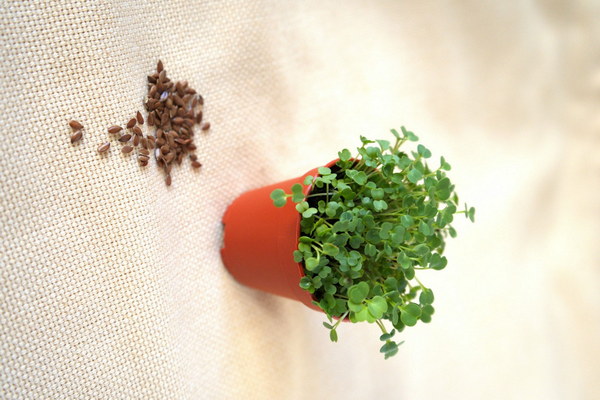
Conclusion
Nourishing the liver and kidneys, and strengthening jing, are essential practices for maintaining health and vitality. By adopting a balanced diet, engaging in gentle exercise, ensuring adequate rest, managing stress, and considering herbal remedies, one can support the healthy flow of jing and enjoy a more vibrant and energetic life. Remember, the journey to optimal health is a personal one, and it's important to listen to your body and consult with healthcare professionals when needed.
